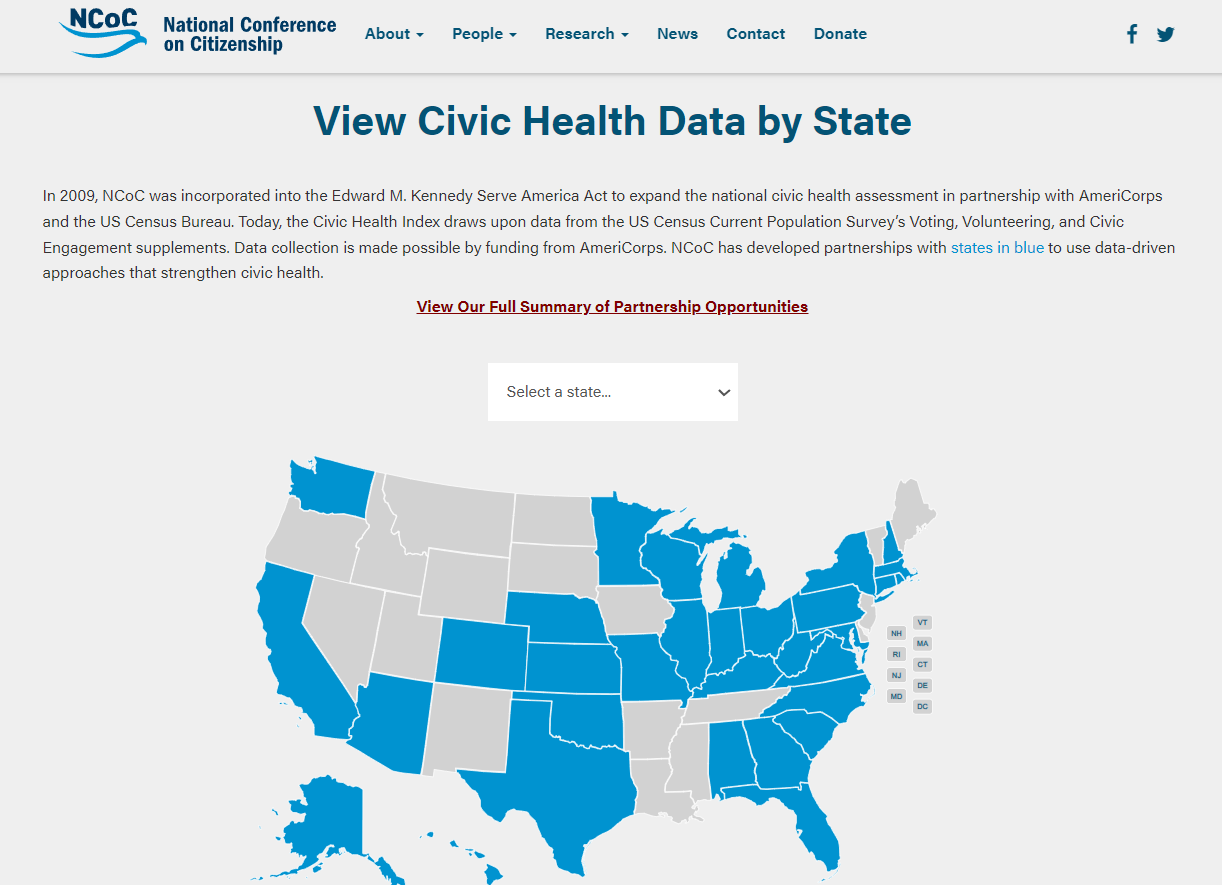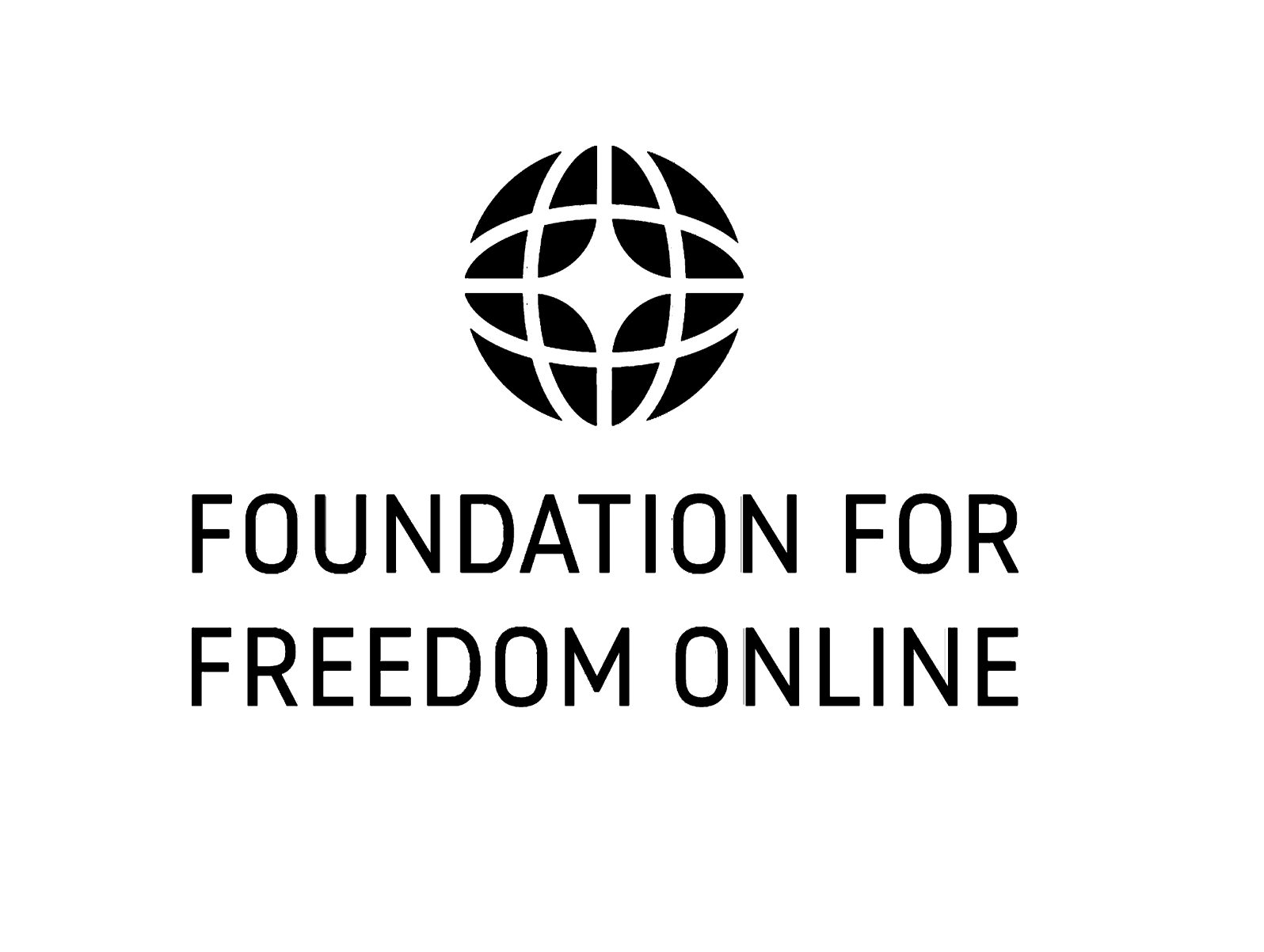Junkipedia, a dashboard for tracking and reporting “problematic content” created by the Algorithmic Transparency Institute (ATI), a project of the Congressionally-chartered National Conference on Citizenship (NCoC), was used to help discredit the Hunter Biden laptop story ahead of the 2020 election — linking the laptop story to “Pizzagate” and other conspiracy theories.
Rolled out in 2020, Junkipedia is a database for online censors to log examples of “problematic” speech so it can be tracked and, if necessary, escalated to Big Tech content moderators for suppression. ATI’s parent, NCoC, is a purportedly nonpartisan nonprofit established by Congressional charter in 1953.
In 2009, Edward M. Kennedy’s Serve America Act formalized a partnership between NCoC and the Census Bureau to track the nation’s civic health, measured by rates of voting, volunteering, and engagement in civic and religious groups. It receives funding for these efforts from AmeriCorps, an independent agency of the U.S. federal government.

Under the NCoC’s new CEO, Cameron Hickey, the organization has directed its resources towards censoring online speech, establishing ATI, which in turn established Junkipedia and the Civic Listening Corps.
The Civic Listening Corps trains volunteers in key demographics to track and respond to disfavored online speech, including speech that takes place on encrypted private messaging applications like WhatsApp.
Junkipedia serves as a central database where examples of problematic speech can be logged and analyzed for trends. The tagline on its website: “Viral misinformation is contagious and dangerous. Join the fight and stop the spread.” The database also advertises itself as a location for messages from private messaging apps to be logged.
From ATI’s web page for Junkipedia:
Junkipedia is digital public infrastructure for civic listening. Understanding how problematic content such as misinformation, hate speech, or junk news impact society requires shared tools to identify and archive that content. Junkipedia is a technology platform that enables manual and automated collection of data from across the spectrum of digital communication platforms including open social media, fringe networks, and closed messaging apps. The system is powered by the active engagement of a large and diverse network of civic-minded stakeholders from the civil rights, journalism, and academic communities.
In October 2020, NBC news journalists Brandy Zadrozny and Ben Collins cited data collected on Junkipedia to cast doubt on the Hunter Biden laptop story, linking it to QAnon and alleging a “Campaign to ‘Pizzagate’ Hunter Biden.” ATI reposted the claim on its website.
Hickey has said a key goal of his censorship operations is to go beyond material that is alleged to be factually untrue, expanding the targets of online censors to include “logical fallacies” and “covert hate.” Hickey cited arguments made by Tucker Carlson and Sen. Rand Paul (R-KY) as examples.
The “Anti-Disinformation” Industry Spreads Disinformation
Junkipedia is not the only government-linked censorship industry center that tried to cast doubt on the Hunter Biden laptop story. NewsGuard, arguably the most influential censorship organization, which operates by blacklisting and whitelisting online news sites and is backed by $750,000 in Pentagon funds, was also caught in the disinformation trap, in which the censorship industry revealed its capacity to spread disinformation that favored its agenda
In an interview on CNBC shortly after Emma-Jo Morris and Miranda Devine broke the Hunter Biden story in the New York Post, NewsGuard co-founder Steven Brill stated “there’s a high likelihood this story is a hoax, maybe even a hoax perpetrated by the Russians again.”
Retired four-star general Gen Michael Hayden, a member of NewsGuard’s advisory board, also weighed in on the Hunter Biden story. Hayden formerly directed the Central Intelligence Agency (CIA) and the National Security Agency (NSA) at a time when both faced controversies around war-on-terror era surveillance and “enhanced interrogation” programs. During this time, he was widely accused of misleading the American public. Hayden was one of dozens of former intelligence official who, without supporting evidence, signed a letter claiming the Hunter Biden story was “Russian disinfo.”
Beyond Hayden, NewsGuard’s advisory board is riddled with former members of the military and security establishment. It includes the former: head of NATO, head of the Department of Homeland Security (DHS), head of the U.S. Department of State’s Global Engagement Center, and a former 4-star general.
Reminder that when NewsGuard says something should be censored, they are speaking with the weight of former:
– Head of CIA
– Head of NSA
– 4-Star General
– Head of NATO
– Head of DHS
– Head of State Dept GECOn their censorship squad. pic.twitter.com/5KFa2nNaPi
— Mike Benz (@MikeBenzCyber) March 22, 2023
The censorship industry’s eagerness to discredit the Hunter Biden laptop story – linking it to Pizzagate and QAnon in the case of Junkipedia, and to “Russian disinfo” in the case of NewsGuard’s leading figures – shines a spotlight on the industry’s biases and motivations. The government links – both direct and through a revolving door of government officials – illustrate the eagerness of censorship industry institutions to weaponize their powers for political purposes.





